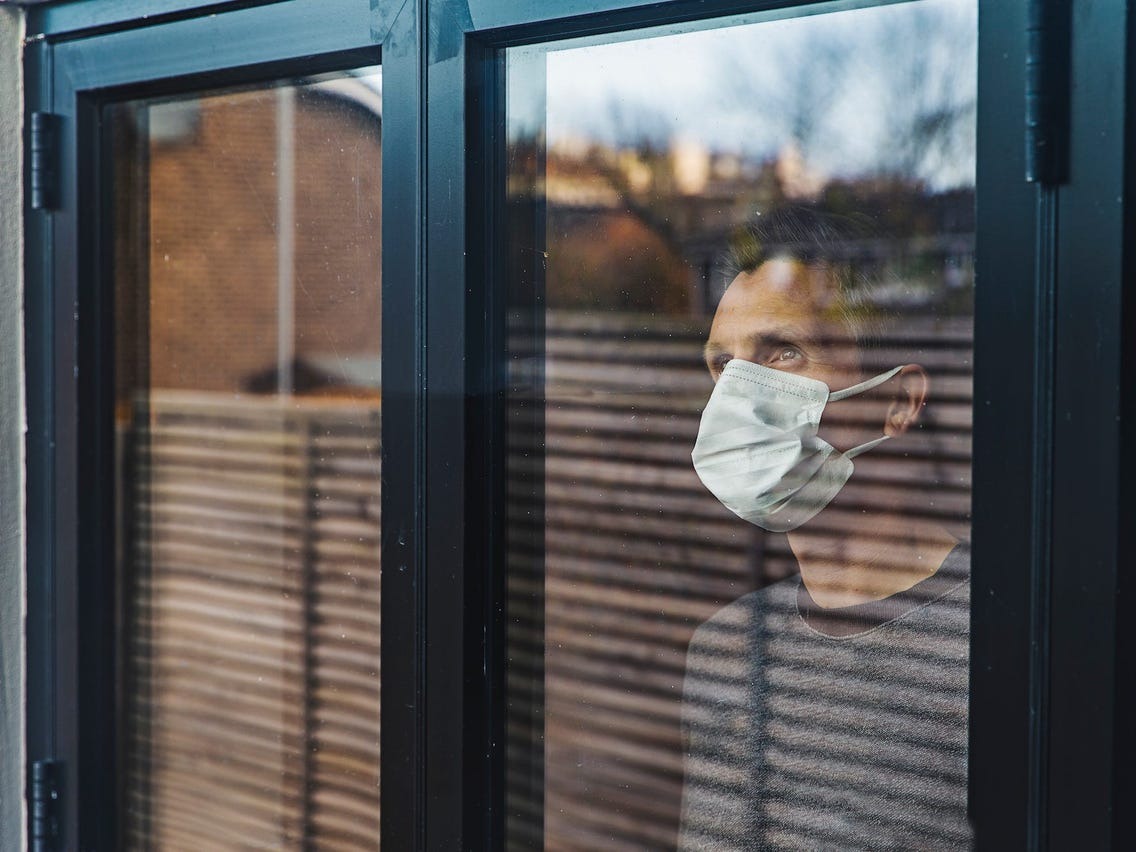A new coronavirus symptom score has come into existence based on the determinants of the Persistent Post COVID symptoms. Research is required for Persistent Post COVID symptoms and their consequences. Most of the studied population has been still complaining of Persistent Post COVID symptoms.
Determinants to calculate the Persistent Post COVID symptoms
The determinants to calculate the coronavirus symptom score are as follows: age, gender, BMI, smoking history, the time elapsed since COVID19 diagnosis, hospital admission during illness, need for oxygen therapy, and ICU admission. The comorbidities with DM, HTN, Cardiac disease, COPD, CKD, psychiatric illness, or any chronic illness were also important to calculate the post COVID19 symptoms score. All these factors were taken into consideration to evaluate the coronavirus symptom score.
A study was carried out for Persistent Post COVID symptoms
The aim of the study was to assess the frequency, patterns, determinants of persistent post COVID19 symptoms and to evaluate the value of the COVID19 symptoms score. The study involves 430 participants. The number of females (257) was greater than males (156) The age range was 12 to 74. The most common presenting symptom during the acute attack was myalgia (86%), Fever (85.1%), restriction of daily activities(84.9%) while there were less frequent complaints like memory loss(21.2%). Out of 430 participants,370 reported persistent post COVID19 positive which contributes to 86%. The study suggested the most frequent neurological and constitutional symptoms were myalgia (60%), arthralgia(57.2%), restriction of daily activities (57%), sleeping troubles(50.9%) nervousness, and hopelessness (53.3%). The most common symptoms of respiratory and GI tract were anorexia (42.6%) chest pain(32.6%), gastritis(32.3%), cough (29.3%), and dyspnoea(29.1%). The acute phase score had 83.5%sensitivity and 73.3% specificity for cut-off point>18 together with the presence of comorbid disease increased the risk of COVID19 severity.
Home Quarantine is required to stop the spread of Persistent Post COVID symptoms
Quarantine is an important way to stop the spread of COVID19. It means staying home away from others if you have been exposed to the virus that causes COVID19. If you are in close contact with a COVID19 patient, you need to quarantine yourself. Close contact generally means 6 feet away from others. COVID19 patients are considered infectious generally 2 days before symptoms begin or two days before they are tested positive. If you are in close contact with a COVID19 patient, you need to be quarantined even if you don't feel sick.
Restrictions during quarantine
Remain at home and avoid all public places. This means you cannot go to school or work and must remain confined to home. Avoid public gatherings and visitors at home If you live at home with other people, then stay in a separate room. If that is not possible that wear a mask when with others in the same room Keep a safe distance of 6 feet from others. Practice social distancing even at home Wash your hand and use alcohol-based sanitizers Do not share your articles with others such as spoons, dishes, cups, spoons, and towels Do not leave your home except in case of emergency or urgency If you need to see doctors for a reason, then get an urgent or emergency visit rate to the doctor and make sure that you maintain precautions for the same. You must make sure that you stay away from elderly people, children and pregnant women. Also, you need to make sure with people who have co-morbidities. One should maintain all public health measures at all times. If symptoms occur like coughing and sneezing, he or she should immediately consult a doctor The home quarantine period should be for 14 days.

 The country is witnessing a rapid surge of infections due to fatal viruses which are resulting in an increase in counts. Persistent Post COVID symptoms are increasing among the people countrywide and need special attention.
The country is witnessing a rapid surge of infections due to fatal viruses which are resulting in an increase in counts. Persistent Post COVID symptoms are increasing among the people countrywide and need special attention.





.jpeg)
.jpeg)
.jpeg)
.jpeg)
_(1).jpeg)
_(1)_(1)_(1).jpeg)
.jpeg)

.jpeg)






.jpeg)

.jpeg)

.jpeg)
.jpeg)
.jpeg)





